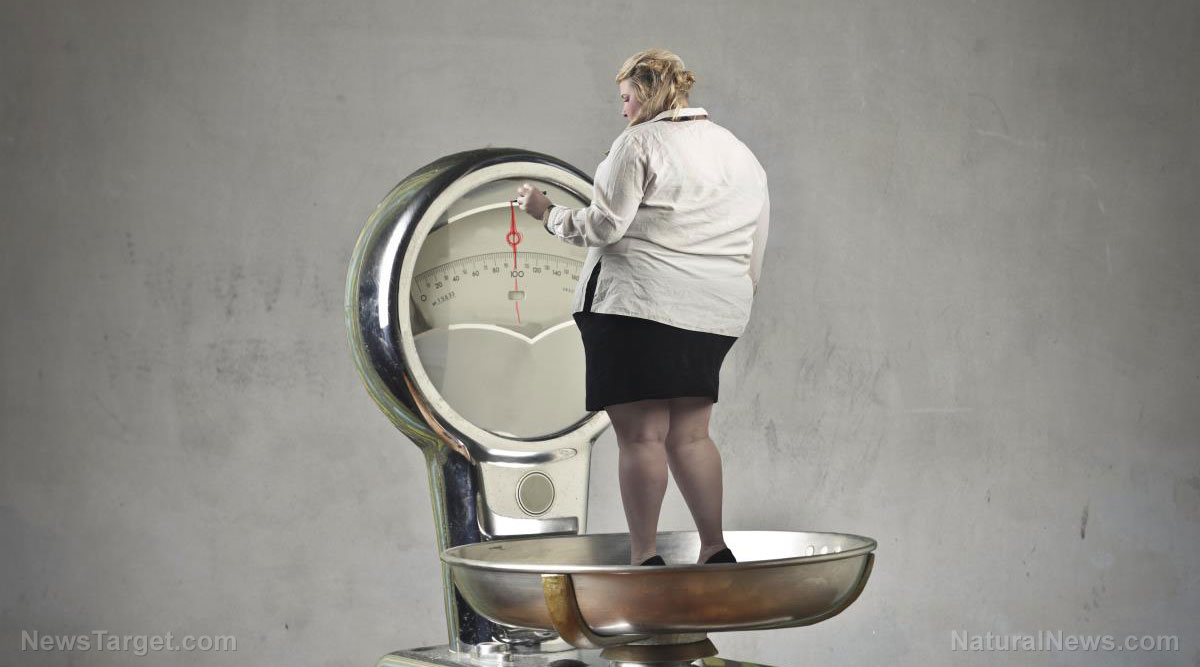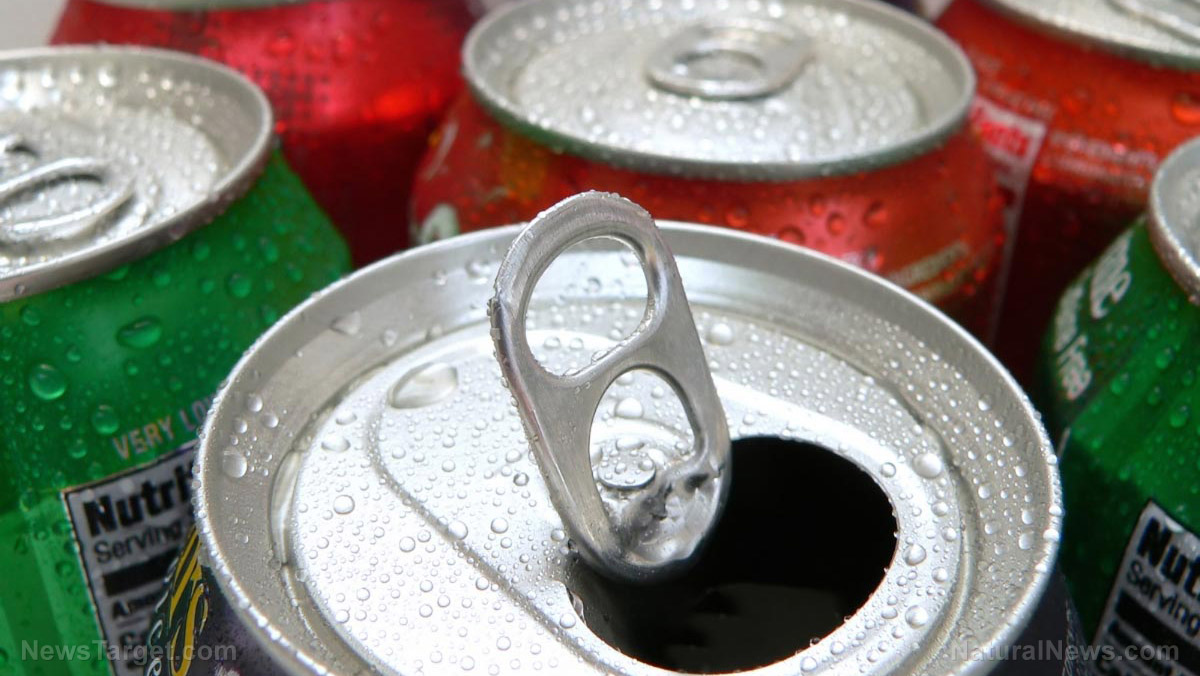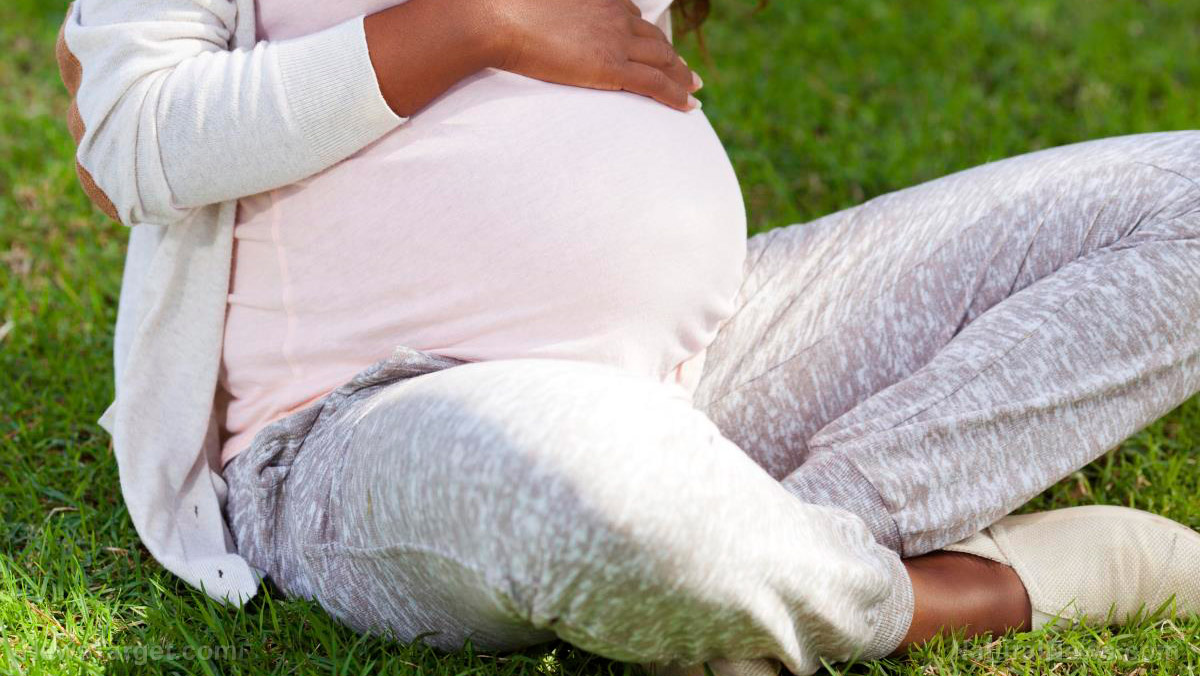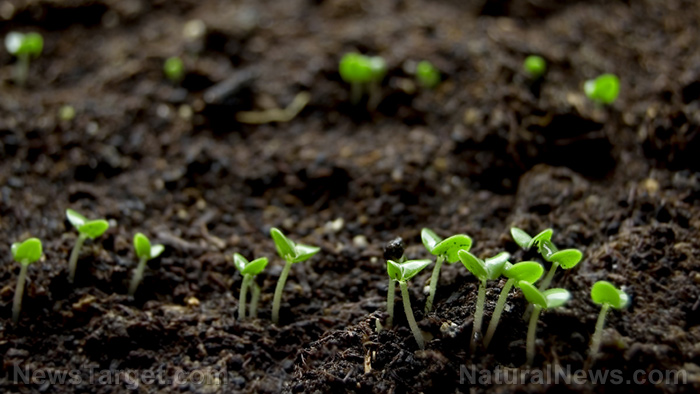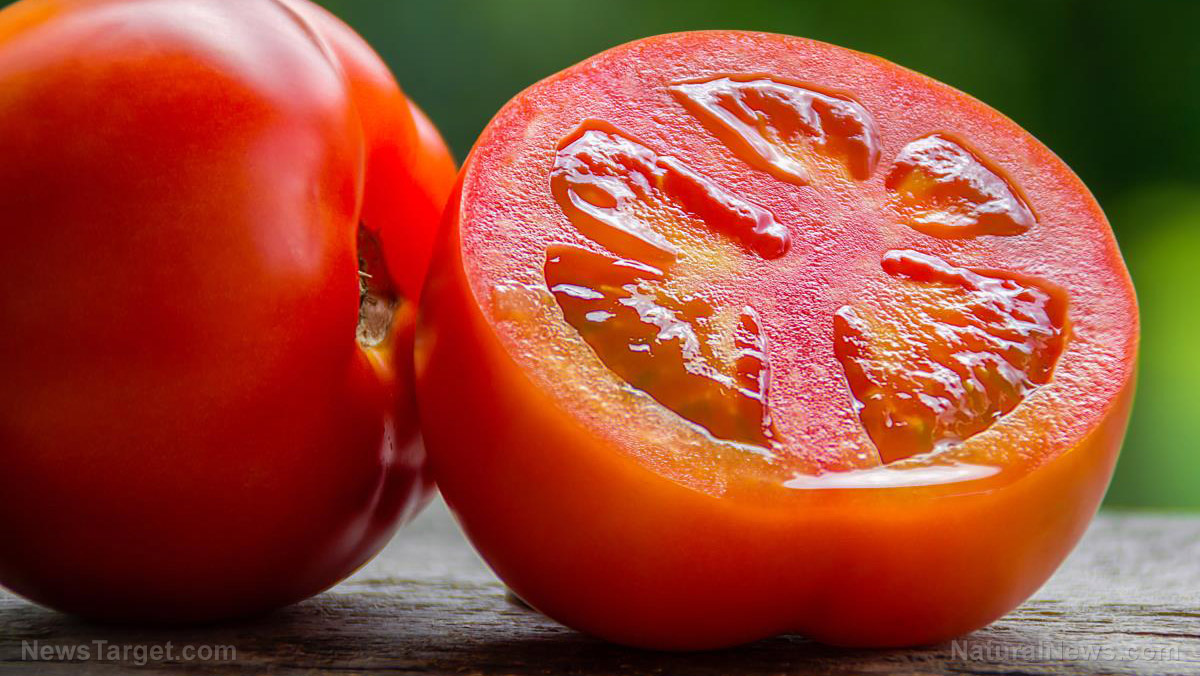Organic food sales booming in UK, outstripping growth of ALL conventional foods
10/01/2017 / By JD Heyes

This trend could not have come at a better time: In an era when surgeons in the UK are performing a record number of diabetic ulcer-related amputations, the growth in sales of organic foods is outstripping the sales growth of all conventional foods.
As reported by The Ecologist, the organic food market in Britain is up again for the sixth straight year and analysts expect it to exceed a record £2.2 billion in sales by the end of 2017, according to the Soil Association.
Supermarket sales of organic foods grew some four percent from January to July, the organization said. That compares to growth in sales of non-organic foods of just 1.4 percent over the same period, Nielsen analysts said.
“We’ve had six years of consecutive growth in organic products,” Finn Cottle, trade consultant to the Soil Association Certification, said.
Even more remarkable is that the growth in organic foods, which are typically more expensive, has occurred during a cycle of austerity. This stands in direct contrast to previous periods of economic slowdowns, such as the 2008-2009 period of global recession when sales of organics fell.
During that time, Cottle said that retailers removed organic foods from store shelves, adding it wasn’t clear whether a slowdown in demand led stores to drop organic products.
“We’re not seeing any of that at the moment,” she noted. “If anything, some of the discounters like Aldi and Lidl are actually seeing the need to have organic on shelf to answer to consumer choice. It’s making organic much more available to a shopper that might be on a budget.”
The boost in organic sales is the result of both consumer and retail trends focusing more on such products, said the Soil Association. The organization believes that quality and sourcing of products is more important to consumers on a budget than discounted pricing.
The Ecologist noted further:
Retail and consumer trends are changing and boosting the growth of organics, the Soil Association said. Values and sourcing are more important than discounts and low price to these shoppers, it believes.
Indeed, research published in September from grocery market research analysts England Marketing showed that more than 50 percent of shoppers are actively looking for labels that prove ethical and environmentally sound sourcing of food.
“There are two big trends which are very buoyant, both of which appeal to the organic shopper,” said Cottle. One is the rise in online shopping and the availability of a range of products that can be purchased via the Internet. The second trend is that organic foods are generally more popular with those who regularly purchase online. (Related: Organic food sales skyrocket across Australia, while GMOs lose traction.)
“They’re generally early adopters, they want to be informed about food,” said Cottle.
Organic sellers said that while their products form only a fraction — about 1.7 percent — of total food sales throughout the UK, the base is widening.
“We’re growing from a small base,” said Dan Rusga, marketing director at Yeo Vally, the UK’s biggest organic brand. “But it all starts with consumers. They are much more concerned about what they eat and where it comes from, and they want to buy food that they can trust.”
Though London drives most sales, Rusga said that the company was beginning to see a rise in sales across the more rural areas of the country as well. “Consumers are ready for it now, providing the price is competitive there’s no reason why organic shouldn’t go from strength to strength.”
Sales of organic food in the United States are similarly skyrocketing. That includes, as Natural News has reported, the sale of organic seeds which is projected to hit $5.4 billion in sales by 2024.
J.D. Heyes is a senior writer for NaturalNews.com and NewsTarget.com, as well as editor of The National Sentinel.
Sources include:
Tagged Under: Britain, non-GMO, organic food

